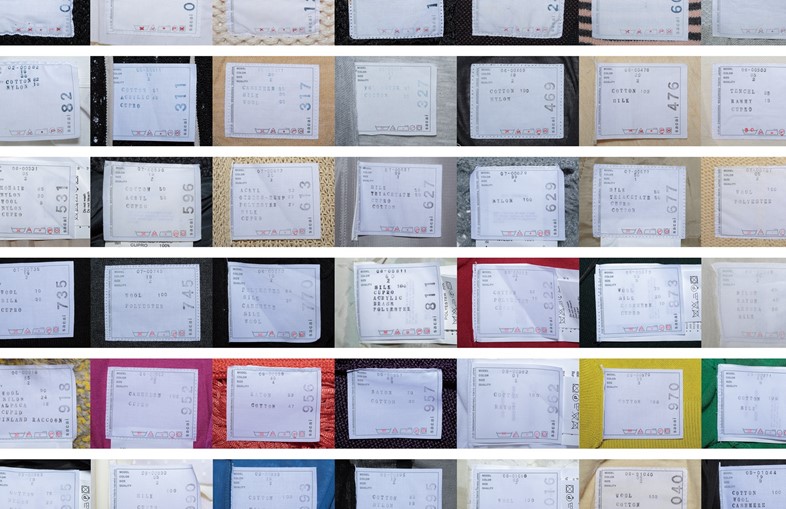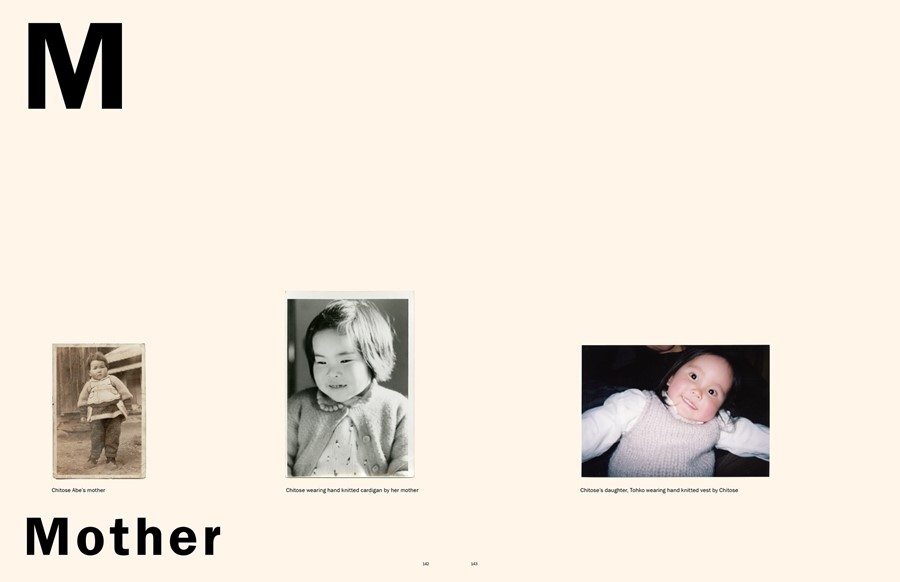We examine the feminism behind the Japanese label that combines avant-garde silhouettes with resolute practicality
Founded in 1999 by young mother Chitose Abe, Japanese clothing brand Sacai has established itself as one of fashion's cult heroes over recent years. Following eight years working at Comme des Garçons (first as a patternmaker and later for Junya Watanabe), Abe initially created the brand after becoming tired of the sartorial restrictions of new motherhood and, with the direction and support of Rei Kawakubo, the label has flourished – since their first runway show in 2011, they have accrued over 175 international retailers.
Both the clothing itself and the philosophy behind it hold a distinct message of female strength, but without the overtly masculine aesthetic that is often considered integral for 'successful' women – as Abe herself proclaims, "I think our creations attract women who want to feel empowered by clothes but still don't feel the need to wear a power suit." Here, we look at the philosophies that set the brand apart, illustrated by images from their new book Sacai: A-Z.
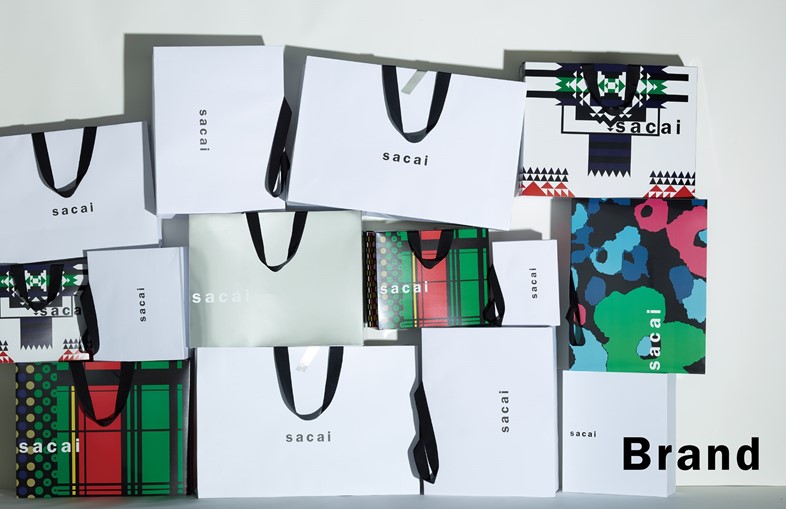
A New Uniform of Motherhood
"All I was wearing then were jeans, chinos, V-neck sweaters, T-shirts and polo shirts, Chitose explained. "I thought, 'Is this it? Is this what I want to wear?'" And so she took up knitting and stared to make new clothes; a capsule collection of fuctional items, pieces like a tuxedo-cardigan and a sweater combined with a shirt. Before she knew it, buyers were coming to her house and "I'd be taking orders with the baby crawling around" – demonstrably her new take on the uniform of motherhood was a resounding success.
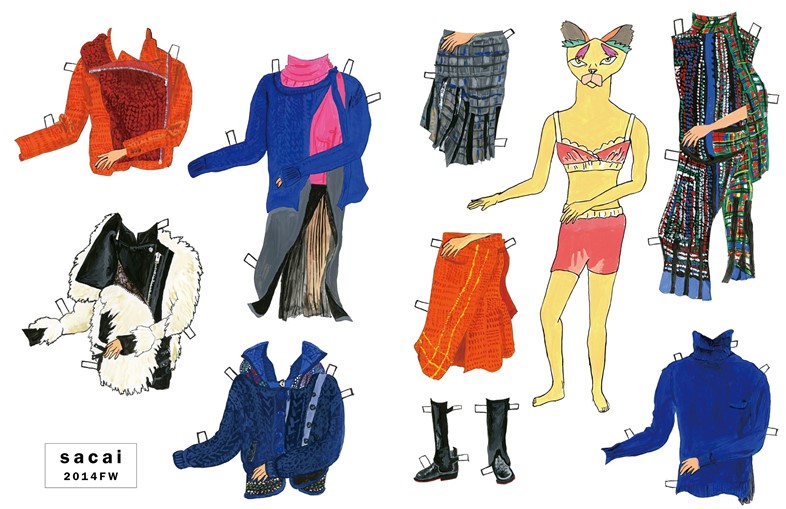
An Elegant Practicality
"If you have a PTA meeting, you can still wear Sacai", Abe told Robin Givhan in the Washington Post earlier this year. The collections are always designed for women who live a life as fast-paced as Abe herself, a proud full-time working mother who makes her daughter's Bento Box before she leaves for work and is home in time for dinner (she cooks every other night, alternating with husband Junichi Abe, the founder of Kolor). Under her direction, traditional silhouettes are transformed and combined with the avant-garde innovation that somehow marks all of Kawakubo's proteges – but they remain thoroughly wearable, exuding an elegant practicality. "There's nothing more rewarding than seeing a non-fashion person on the street wearing my clothes," she said to Style.com in Spring 2014. As delightful as they appear on the runway, her pieces are designed to be worn.
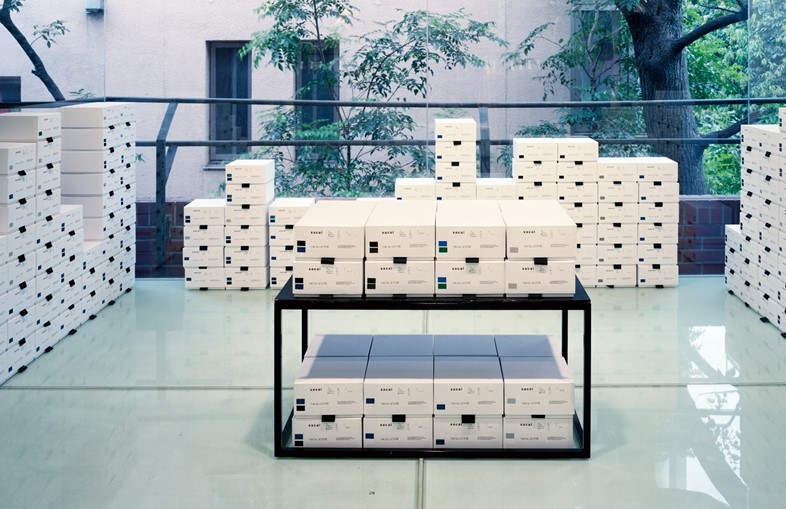
A Proud Businesswoman
Holding a 100% stake in the business, Abe is a refreshing voice within an industry that often purports to ignore its economic backbone in lieu of absolute creativity. "I make clothes as a business," she said in 2011, "not as an artist". It is this determined focus on success, teamed with an innate aptitude for understanding what women want, that has resulted in such resounding international success – and it is her proud independence as a businesswoman and designer that will continue to see the brand flourish. According to Abe, "The fact that I am both designer and president is the single most important reason why Sacai can remain free," and this approach to freedom in every aspect of her company makes it a delightful addition to an industry often saturated with repetition.
Sacai: A to Z is out now, published by Rizzoli.
